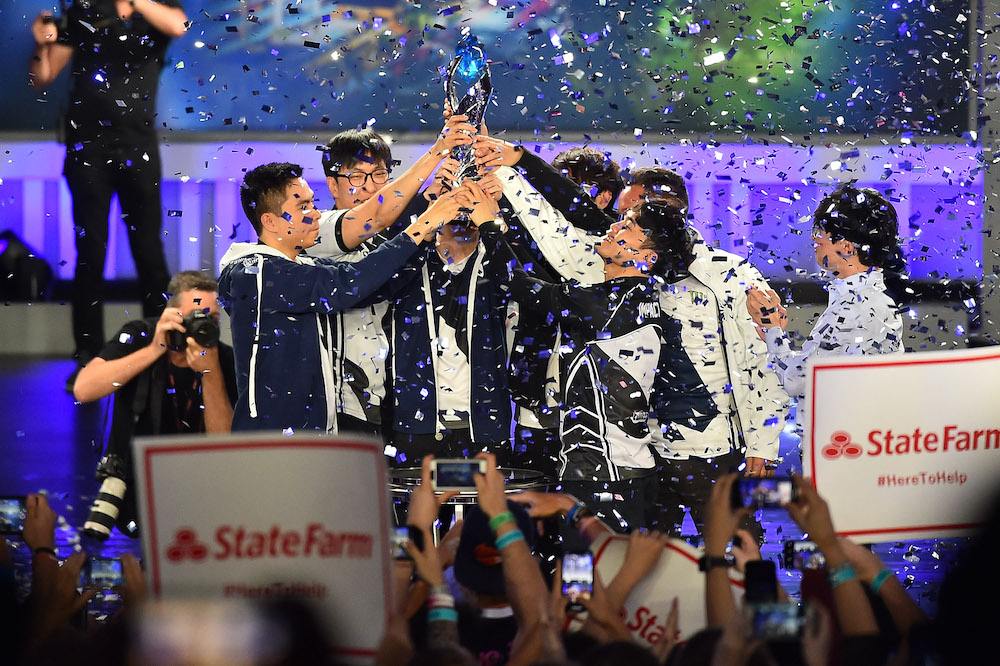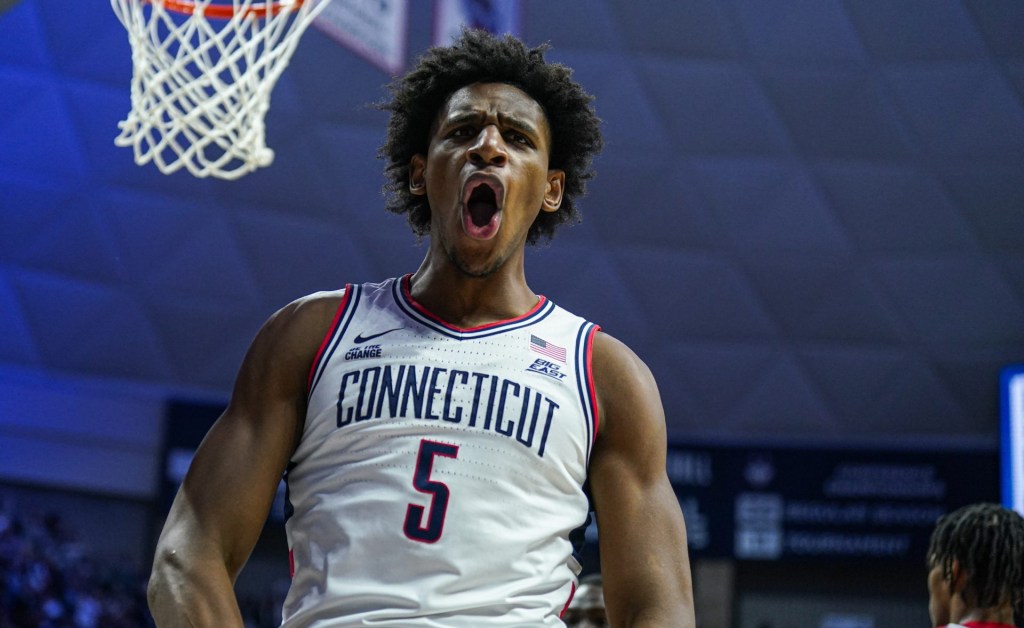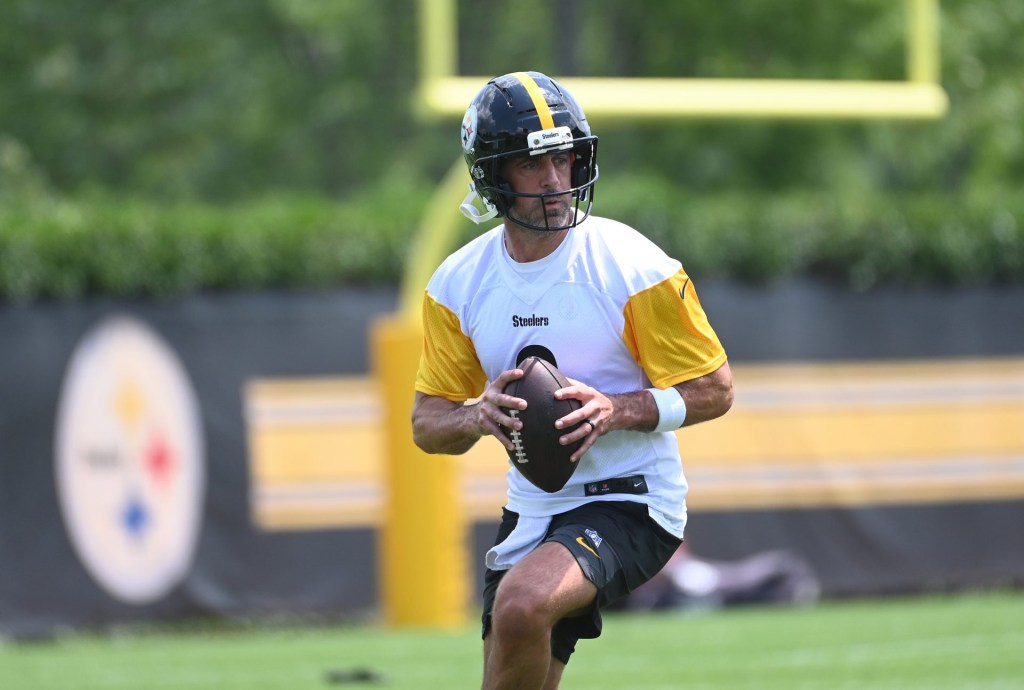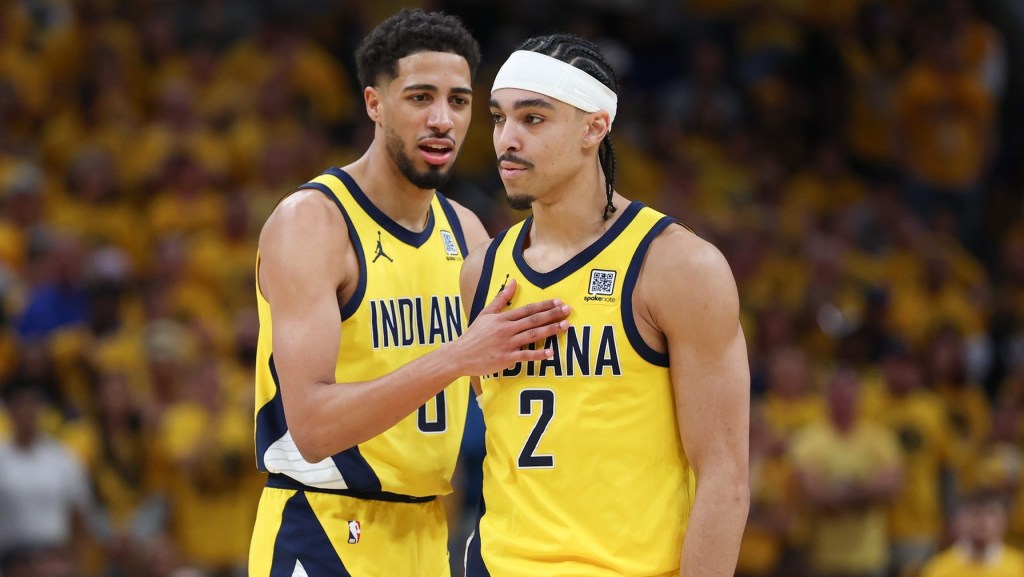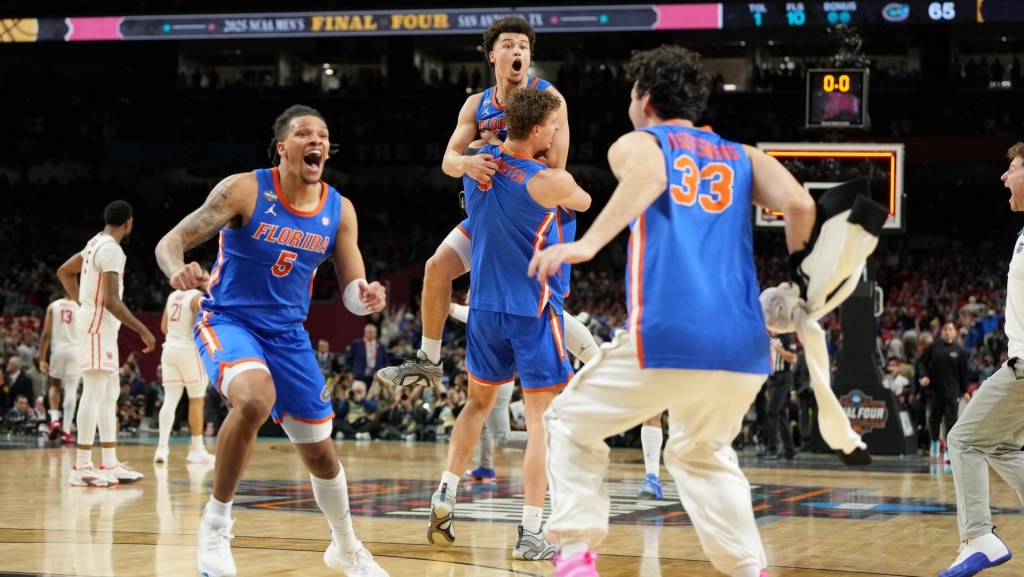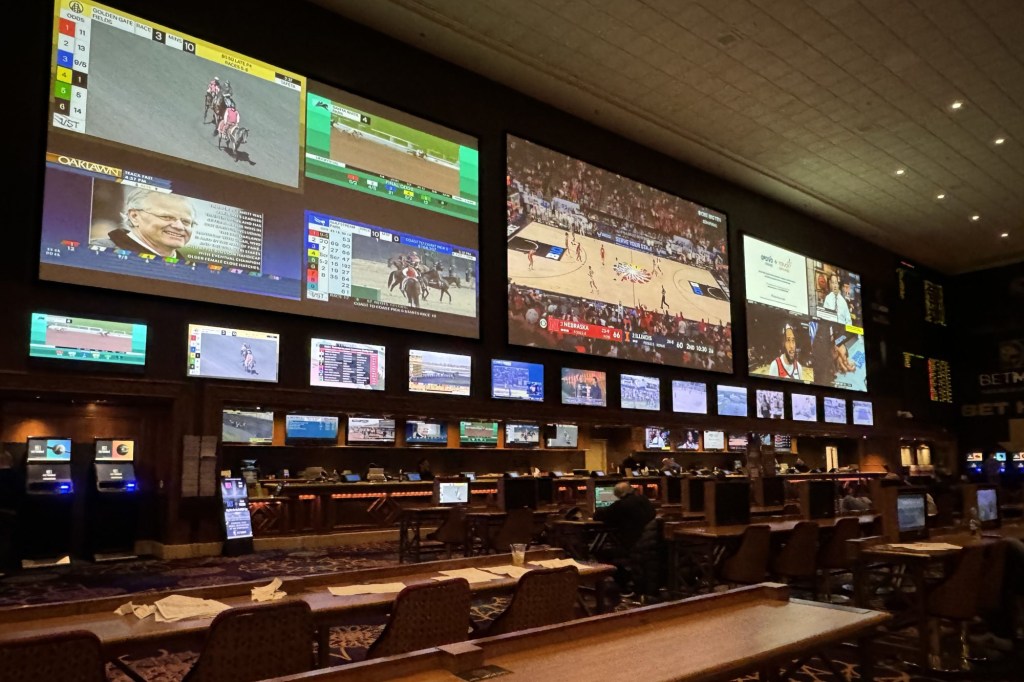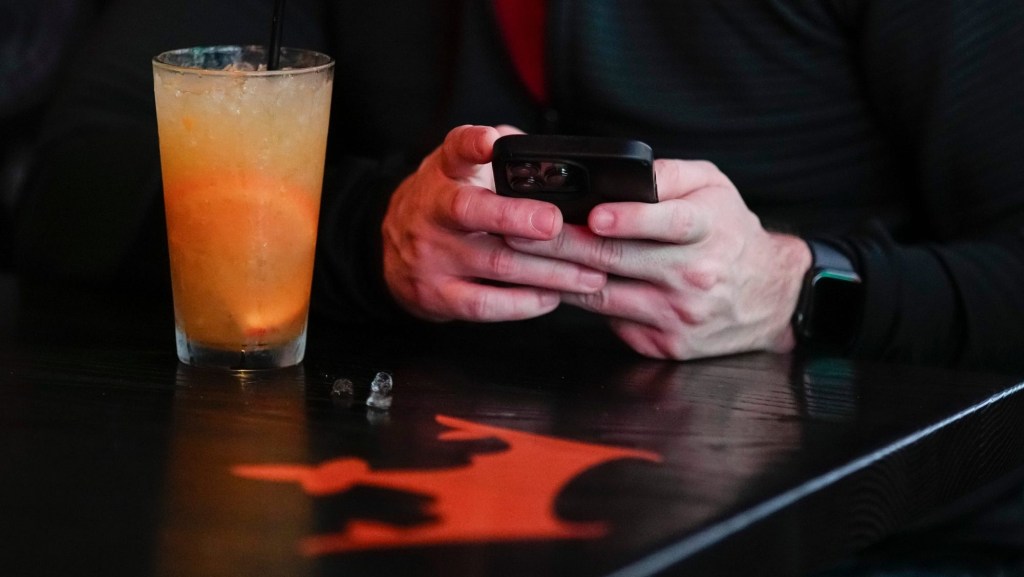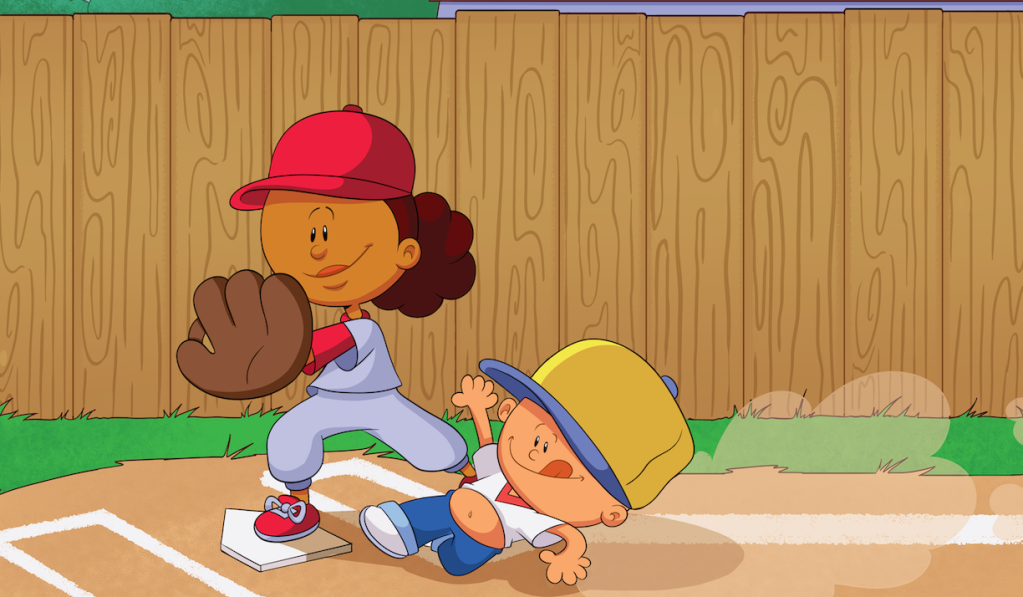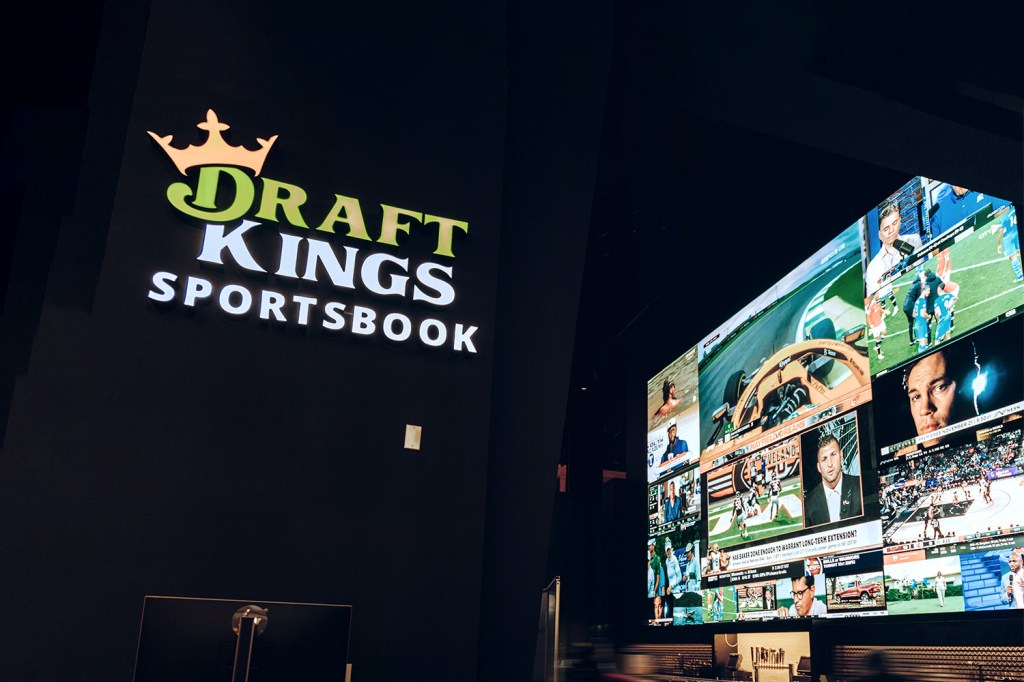The start of the NBA 2K League’s 2020 season came to a halt during the coronavirus pandemic similar to its traditional sports counterpart, the NBA, which itself paused play on March 11.
But rather than remain inactive, the 2K League launched multiple tournaments during the break as it looked to figure out ways to best host its regular season and events virtually, including the 2K League Three for All Showdown involving fans.
The season eventually started in early May, but not before the 2K League added depth to some of its partnerships and welcomed four new partners: Gamestop, Jostens, SAP, and Tissot.
“[The pandemic] allowed us to look at the business and force innovation – making lemonade out of lemons,” said Lindsay Ullman, head of business development for NBA 2K League.
For the aforementioned 2K League Three for All Showdown, the league used existing partner HyperX as the presenting sponsor. These new partnerships for its 2020 season also provide authentic integrations, Ullman said, highlighting activations like Tissot’s 24-second countdown clock and its Buzzer Beaters interview segment, as well as SAP’s insights into what makes the professional gamers better than those playing at home. 2K League also expanded its activations with partners like AT&T, which distributed phones to players to capture content while in quarantine.
The new sponsors added by the NBA 2K League illustrate a growing trend in esports: one where marketers have turned to the industry to spend some of the capital designated initially for traditional stick and ball leagues on television.
Excel Sports Management announced on June 24 a new agreement with Activision Blizzard to “secure marquee sponsorships” for the Overwatch League and the Call of Duty League. Meanwhile, KitKat signed on as a sponsor of Blast Bounty Hunt, the inaugural Dota 2 event for the tournament organizer, earlier this month.
With the uptick in attention the past several months – and the expectation it will continue – the focus by esports properties on adding partners is increasing. At least anecdotally, interest on the part of brands has also ratcheted up. Any increase will have ramifications throughout the industry – advertising and sponsorships already represent 69% of all esports industry revenue, according to data cited by Business Insider Intelligence.
Whether it was expanding existing partnerships or pulling in new partners, Ullman said the coronavirus pandemic had amplified esports within partners’ eyes.
READ MORE: Pro Leagues Reach New Fans on TV Through Esports
“I’ve always felt esports was a pioneer in innovation, and this pushes that forward,” she said. “There have been consumer goods products that for years have heard about esports, and it started to happen where non-endemic brands started reaching out for conversations, and we became front and center.”
The League of Legends Championship Series, North America’s top professional league for the popular esport, has also benefited from the added attention the industry has received from marketers during the pandemic.
The LCS announced new deals with Verizon and Samsung in June, following the league’s agreement with Bud Light at the beginning of the year. Samsung’s NVMe M.2 SSD computer storage technology will now be equipped on PCs used by professional League of Legends gamers. Verizon will serve as the league’s official 5G network partner for the next three years.
Without live events, much of the esports industry is currently relying on cloud servers to create more-reliable connection speeds for players to compete. The pandemic has also led to cancellations of global tournaments, such as Riot Games’ League of Legends Mid-Season Invitational.
The coronavirus, however, has done little to deter growing market interest in the esport. Industry activity has also been buoyed by an increase in TV network broadcasts of esports competitions with traditional sports on pause.
“Our team has been busier in the last three months. There’s been a lot of interest and a lot of inquiries,” said Matt Archambault, head of North American partnerships and business development at Riot Games. “Gaming and esports have been thrust into the light and into the bullseye in a different way because we are one of the only sports that have continued.”
Without in-arena activations, the LCS has relied on integrating sponsors more into broadcasts, videos created in its content studio, and social media activity. This is a similar tactic being deployed by other leagues, such as Activision Blizzard’s Call of Duty League.
Broadcasts were also a reason the 2K League saw an uptick in interest from non-endemic brands in its first season on linear TV, Ullman said. New partnerships with ESPN and eGG Network have also increased the inbound interest from other networks asking what’s in the works, she said.
LCS added a total of 11 corporate partnerships in 2019, including Rocket Mortgage and State Farm. Over 90% of sponsors were also returning partners.
Even during the current pandemic, Riot Games’ pitch to prospective clients has also not changed all that much, Archambault said.
READ MORE: Esports Viewership Grows During Hiatus
“We can still sit back and say we are the third most popular sport in the country,” he said, alluding to the LCS’ average minute audience of 124,000 for all telecasts last year. AMA measures the number of average viewers watching an event at any given time during a broadcast.
“What we’ve been able to lean on and deliver is that we can be a safe bet,” Archambault added. “There’s a sense of security that we can deliver because we’ve shown already that we can go from being in physical locations to virtual.”
